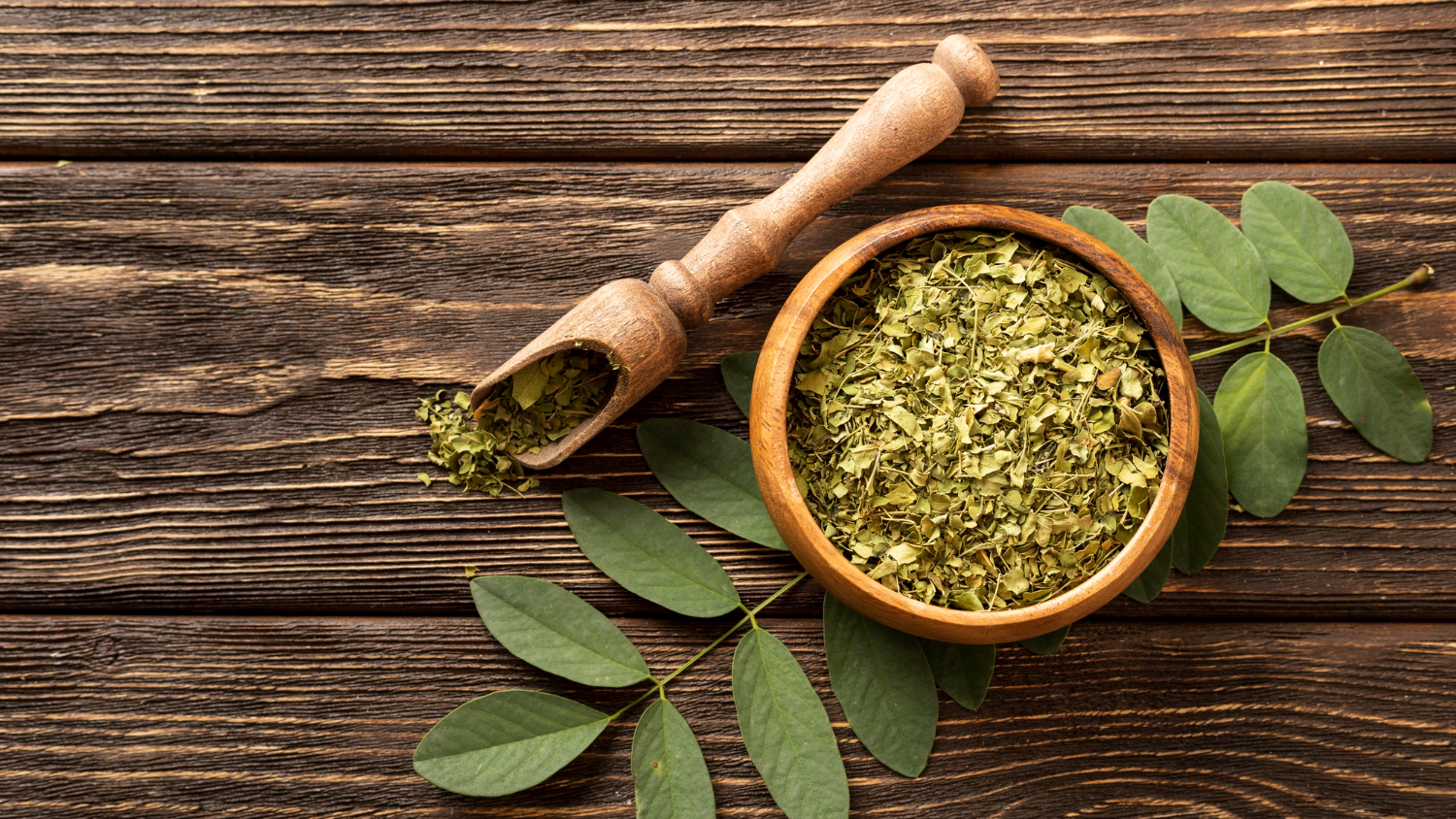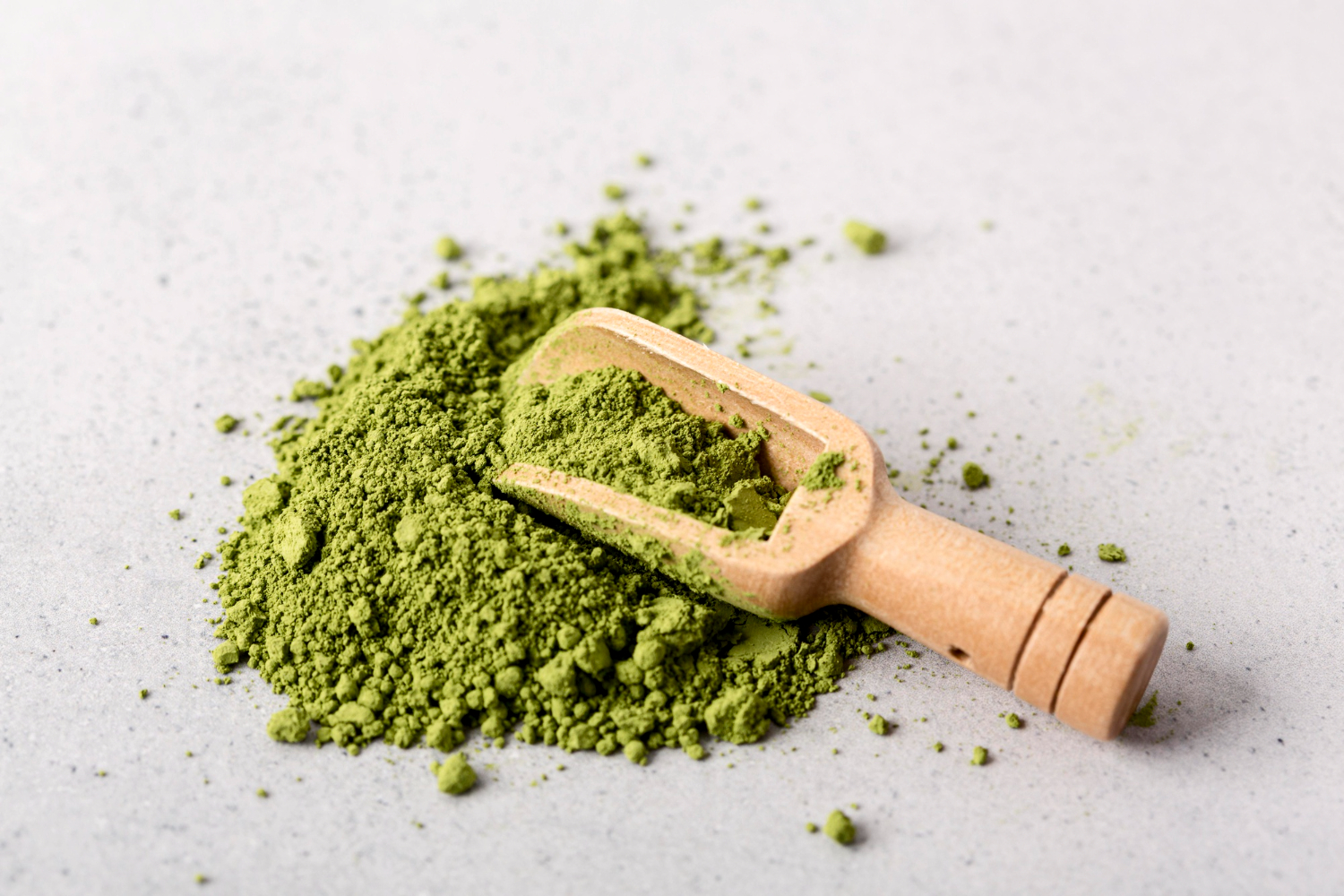Kratom is a herbal supplement that is native to Southeast Asia. It has recently gained immense popularity in the health industry. Despite its widespread use, there is a lot that we still don’t know about how Kratom affects our brains. This is understandable, given that over 40 active compounds are yet to be studied in detail. Nevertheless, evidence suggests that kratom extract with a lower mitragynine concentration can interact with certain brain receptors, resulting in various physiological and psychological changes. In this article, we will delve into the effects of Kratom on your brain.
Mood
One of the effects of Kratom on the brain that you should be aware of is its impact on mood. Kratom interacts with the brain’s dopamine and serotonin receptors, which regulate mood. As a result, Kratom can change mood, including increasing feelings of well-being, happiness, and relaxation.
However, it is important to note that the effects of Kratom on mood can vary based on the individual’s unique brain chemistry and the dosage of Kratom consumed. As with any substance, it is crucial to exercise caution when using Kratom and consult with a healthcare professional before use.
Energy
Energy is one of the main effects of Kratom on your brain. Kratom contains alkaloids that bind to the receptors in our brain and activate them, resulting in increased energy levels. This effect is due to the stimulation of the sympathetic nervous system, which regulates our body’s “fight or flight” response. This leads to a boost in physical and mental energy, making it an effective tool for those requiring high energy levels for work.
This boost in energy is accompanied by improved focus, alertness, and motivation, allowing individuals to perform tasks more efficiently. It is essential to note that the energy-boosting effects of Kratom vary based on the strain and dosage used. Therefore, it is crucial to research and consult professionals before using Kratom for energy-enhancing purposes.
Focus
Focus is a highly desirable effect that many people seek to achieve in their daily lives, whether improving their productivity at work or enhancing their cognitive abilities for studying. Kratom is a natural herb that has been found to exhibit these focus-enhancing effects. Mitragyna Speciosa contains alkaloids that interact with the brain’s receptors, producing stimulating and energizing effects that enhance focus, alertness, and mental clarity.
These effects are due to the herb’s ability to modulate the activity of brain circuits that are involved in attention and cognitive function. Kratom is a natural herb that can boost focus and promote mental understanding, making it an attractive option for users seeking to improve their cognitive performance.
Motivation
Motivation is a crucial factor for anyone pursuing their goals and aspirations. Interestingly, Kratom is known for its effects on motivation. The active compounds in Kratom are believed to stimulate dopamine receptors in the brain, resulting in increased motivation and focus.
As a result, people can experience a renewed sense of energy and eagerness to accomplish their tasks. This effect can be particularly useful for users who struggle with procrastination or lack of motivation due to various reasons. It is important to note that Kratom has complex effects on the brain, and the extent of its impact on motivation may vary from person to person.
Relaxation
Kratom, a tropical evergreen tree native to Southeast Asia, has gained popularity for its various properties, including its ability to induce relaxation. It contains alkaloids that interact with the body’s opioid receptors, leading to a sensation of calmness and tranquility. This effect is particularly useful for those struggling with restlessness, irritability, or unease.
People who consume Kratom have reported feeling a sense of calmness and mental clarity without feeling drowsy or sedated. This natural way of inducing relaxation has made Kratom a popular alternative to conventional prescription drugs with a risk of dependence or addiction. It is important to note that proper dosing and appropriate use are essential to experience the desired effects and avoid any negative side effects.
Alertness
Alertness is a crucial cognitive ability that plays an important role in our daily lives. Kratom is a natural nootropic substance that has been found to enhance alertness levels in individuals. When ingested, Kratom interacts with the brain’s opioid receptors, elevating the release of certain neurotransmitters such as dopamine and norepinephrine.
These two hormones are closely associated with mental clarity and vigilance, meaning Kratom can increase focus and concentration for a prolonged period. Therefore, Kratom should be considered a tool for enhancing alertness, not a substitute for healthy lifestyle habits or professional medical advice.
Sociability
Sociability is one of the most remarkable effects that Kratom can have on your brain, mood and behavior. If you’re looking to connect with others and develop better social bonds, Kratom may be the answer. It works within your brain’s reward system, helping to regulate the release of dopamine and other neurotransmitters that make you feel happy and more outgoing.
Whether you are trying to network professionally or make new friends, Kratom can help you feel more approachable and confident in social situations. However, it’s important to note that using Kratom in moderation is key and should always be taken responsibly and under medical supervision.
Bottom Line
The effects of Kratom on the brain are still being studied, and much remains unknown about this intriguing plant. While it is known that Kratom interacts with opioid receptors in the brain, its exact mechanism of action is still being explored. Some studies have suggested that Kratom may increase cognitive function and improve mood, but more research is needed to verify these claims. Individuals who choose to use Kratom must do so with caution and under the guidance of a healthcare professional, as there may be risks associated with its use.
As further research is conducted, we will better understand Kratom’s potential benefits and risks and how it may be used safely and effectively.



